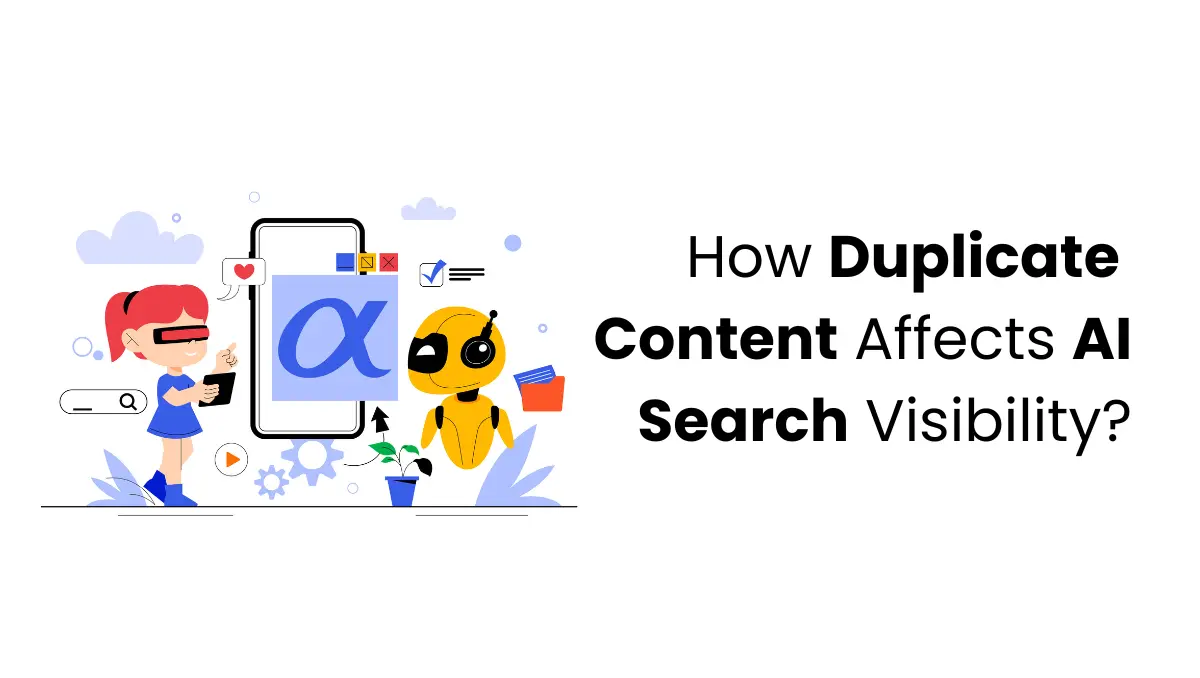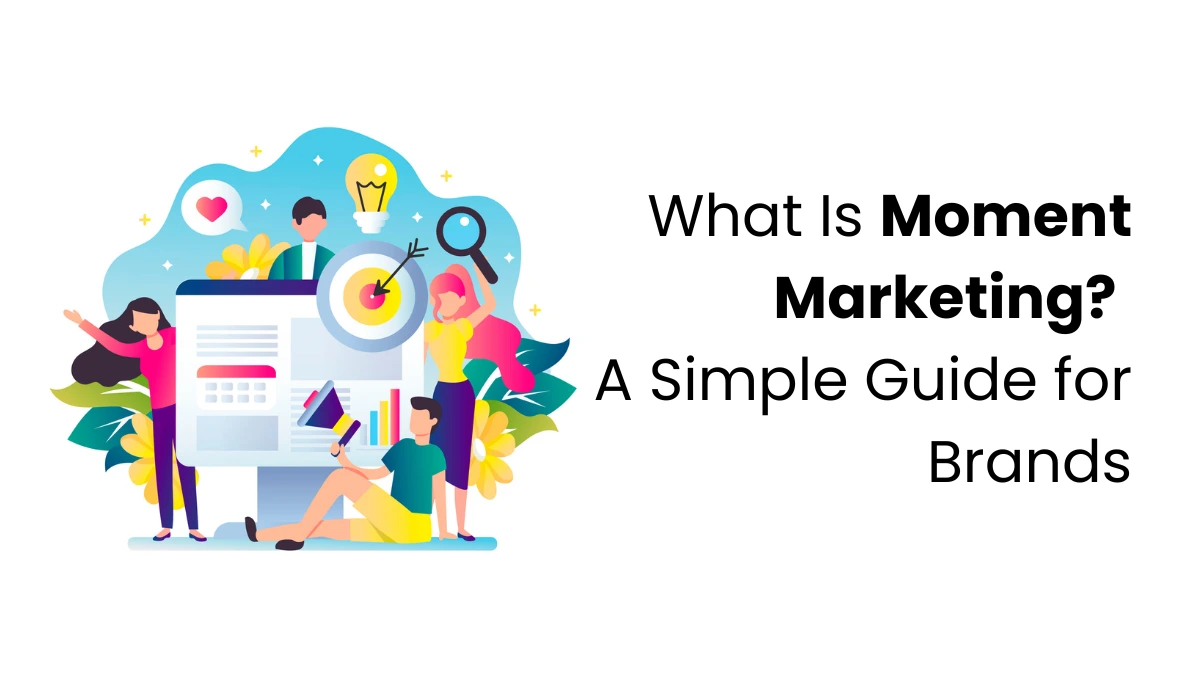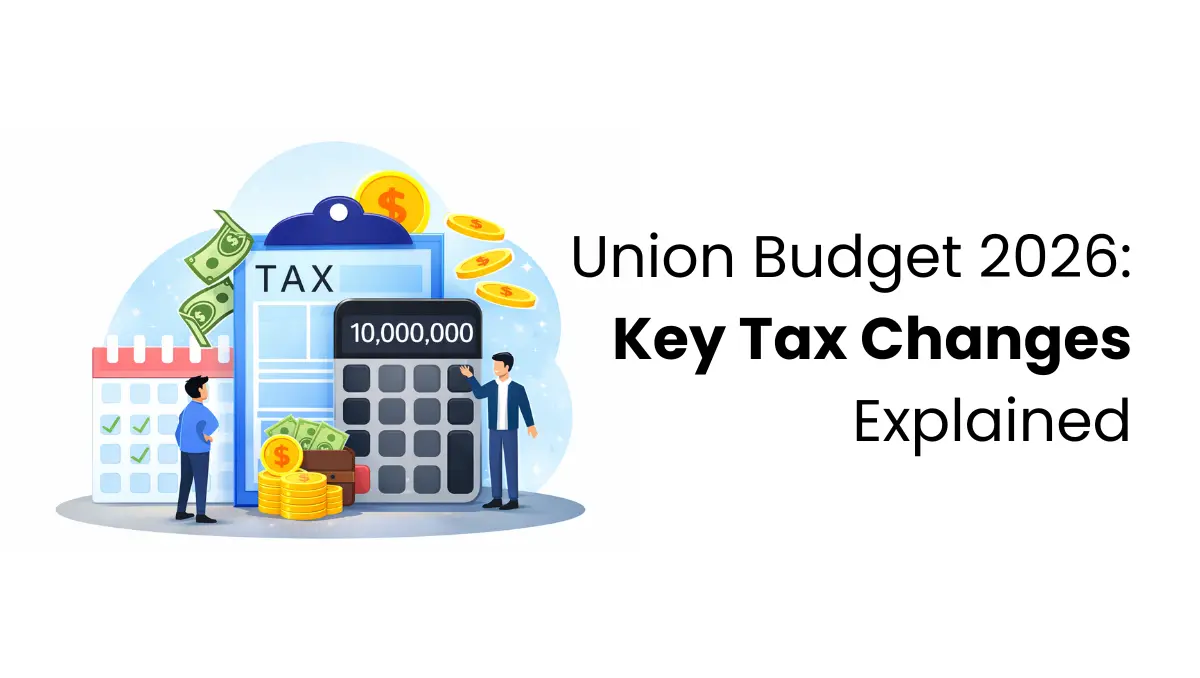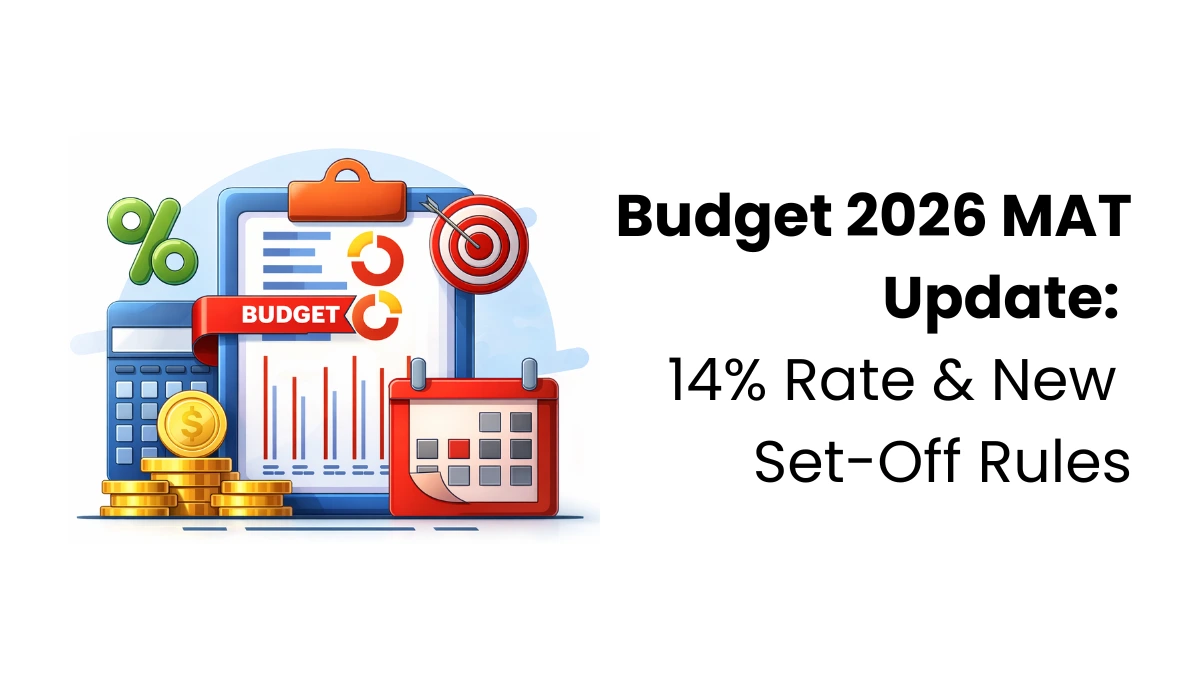Accounting or bookkeeping is a tedious task in each and every business, even though it helps with financial control and proper budget management. The evolution of technology has revolutionised day-to-day accounting activities. The introduction of cloud technology has changed the way companies operate and manage their business. Adapt to cloud-based technology for taking full-fledged advantage of accounting. So, in this guide let me explain everything that you need to know about cloud accounting software.
What is Cloud Accounting Software?
Recording the income and expenditure to keep track of financial performance is important for every business. Accounting software and bookkeeping have been existed for decades to record and track the money going in and out of a company. Most accounting software was desktop-based before the cloud. This has several disadvantages, including limited data access, the necessity for continuous software updates, and the continual cost of backing up all of your financial data.
Cloud accounting has all the same functionality as desktop accounting, but the whole accounting activities of a business are done through the internet and moved to the cloud. It includes gathering, storing, accessing, and processing all documents like invoices, purchase orders, account statements as electronic documents. Cloud accounting is implemented through various cloud accounting software and is a paradigm shift in the field of accounting.
Advantages Of Cloud Accounting Software
Cloud accounting offers various advantages over traditional accounting practices, such as:
Access Anywhere
The prior advantage of cloud accounting is that you can access your financial records from anywhere and at any time. You will be able to work remotely. Permission-based sharing along with remote access, allows you to share documents with anyone you want.
Real-Time Information Accessibility
Another competitive advantage for businesses that use cloud accounting is real-time data processing and analysis. Instead of looking at the outdated historical reports you can easily track the recent data, get live bank feeds and stay up to date. This real-time overview is important when looking at your cash position, planning future expenditures, and making important financial and strategic decisions as a management team.
Secure and Safe Data Sharing
With cloud accounting software, you can easily grant access to your accounts while working with your accountant, bank, or other advisers. There’s no need for USB memory sticks or email correspondence. Your financial advisers have real-time, secure access to all of your financial data. This is faster, safer, and provides your advisers with the information they need to help and advise you in the future.
There are various threats and risks in storing and processing data while using traditional accounting software. But with cloud accounting, you get the security of the cloud, no downtime, multi-level access, and the latest software versions. As your data is stored in cloud servers you don’t need to protect the hardware.
Always working with the newest software version
When you log in to your cloud accounting platform, you’re always using the most recent version of the program. There’s no need for time-consuming and expensive upgrades; simply log in and get to work. You also won’t have to worry about deploying security updates because your software supplier will do it for you automatically.
Scalability and Efficiency
As the business grows, your transactions and books grow. You need to step up your game in accounting. With cloud accounting, you do not have to worry about memory constraints as you can scale or customize your accounting software based on your business needs. You can use third-party apps forecasting, invoicing, and industry-specific apps with your cloud accounting software.
The greatest advantage of cloud accounting is that it saves you a lot of time and money. It speeds up the processes and provides convenient data gathering options. You can also use automation to reduce workload. Cloud accounting improves productivity and ensures cost efficiency.
The Road Ahead: Cloud Accounting Softwares
With more and more businesses opting for cloud solutions in accounting, there is no doubt that cloud accounting is going to revolutionize how accounting works. Some of the popular cloud accounting software used are Xero, QuickbooksOnline, Sage 50 Cloud or Sage 200 Cloud, KashFlow, Zoho Books, etc. With cloud accounting, you can get an instant overview of your accounts instead of the history of records. This will help in gaining insights and making the right decisions.
By implementing cloud accounting, you don’t need to spend much time on administrative tasks such as data entry, finding documents, etc. You can spend more time and your work on strategizing, decision making, revenue generation activities, and growing your business. Cloud accounting is the future for all businesses and the faster you adopt it, the better for your business growth.










